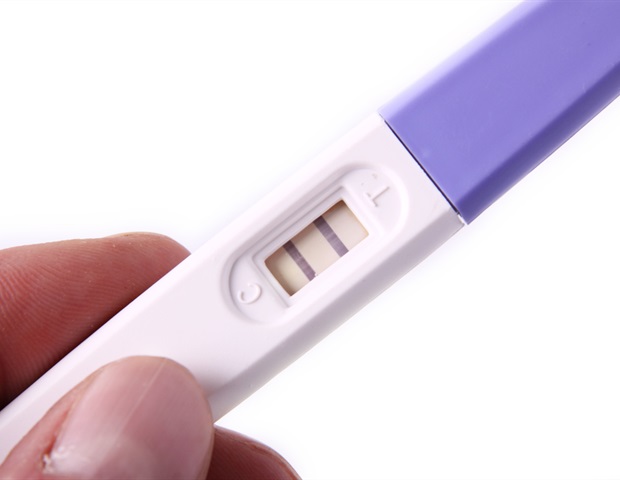Breaking: Iron Storage Protein Challenges PCOS Myths – What Women Need to Know

Recent research has shed light on an intriguing connection between polycystic ovary syndrome (PCOS) and ferritin levels. Women diagnosed with PCOS consistently demonstrate elevated ferritin concentrations compared to those without the condition. However, contrary to initial expectations, these higher iron storage protein levels appear to have minimal direct impact on fertility outcomes or overall metabolic health.
The study reveals a nuanced relationship between PCOS and iron metabolism, challenging previous assumptions about potential correlations. While the increased ferritin levels are notable, they do not seem to significantly compromise or enhance reproductive capabilities or metabolic functioning for women with the syndrome.
Researchers emphasize the importance of understanding these subtle biochemical variations, noting that the findings provide valuable insights into the complex hormonal landscape of PCOS. Further investigation may be needed to fully comprehend the clinical implications of these observed ferritin level differences.
